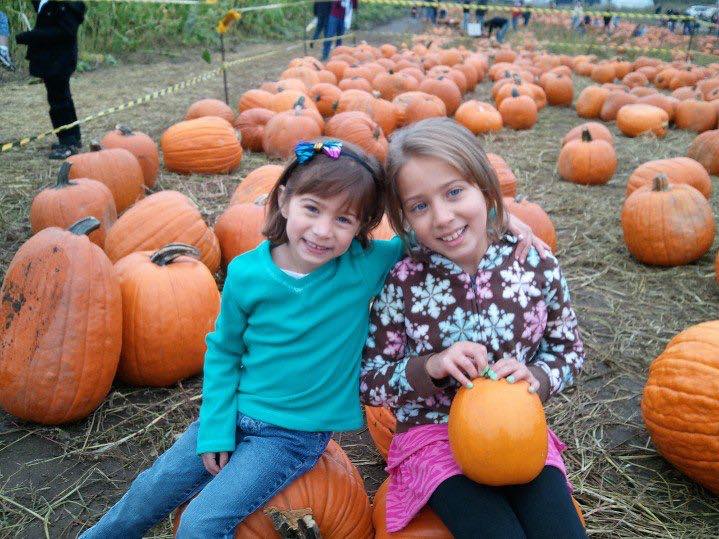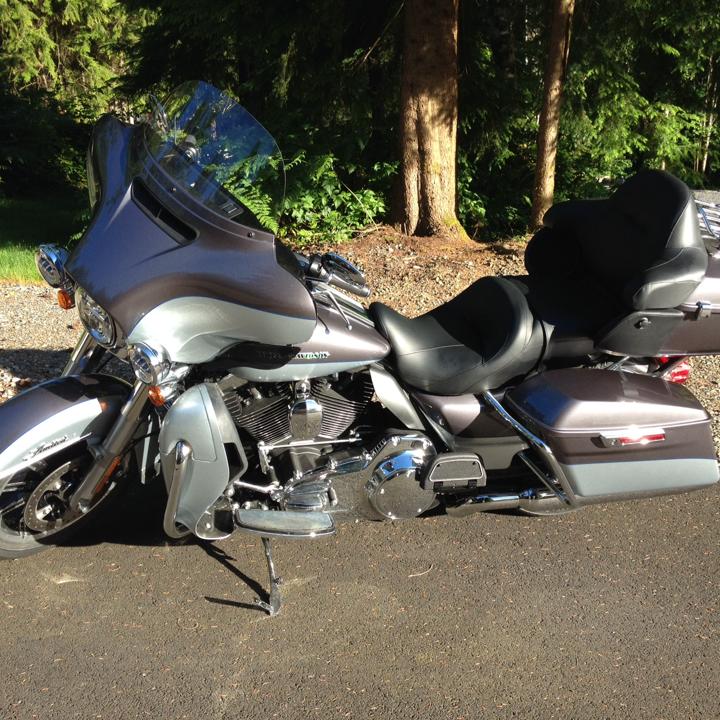How Karate Builds Emotional Resilience in Kids
Every parent wants their child to grow up confident, capable, and able to bounce back when life gets tough. But in today’s fast-paced world—where academic pressure, social media, and constant comparison can wear down even the strongest kids—emotional resilience is more important than ever.
At Karate West, we see this every day. Students don’t just learn how to block or kick—they learn how to handle frustration, persevere through challenge, and develop the inner strength that helps them face life with confidence.
This is where martial arts shines. It’s not simply about self-defense; it’s about building kids who can handle whatever comes their way.
What Is Emotional Resilience—and Why Does It Matter?
Emotional resilience is the ability to adapt, recover, and grow stronger when faced with setbacks or stress. The American Psychological Association defines resilience as “the process and outcome of successfully adapting to difficult or challenging life experiences.”
In other words, resilient kids don’t avoid challenges—they learn from them. They’re the ones who fall down, dust themselves off, and try again.
For children, developing resilience affects everything from school performance to friendships and mental health. Harvard’s Center on the Developing Child emphasizes that resilience isn’t something kids are born with—it’s built over time through supportive relationships, manageable challenges, and consistent opportunities to practice problem-solving.
That’s exactly the environment we create in our karate classes for kids in Issaquah. Every student is supported, guided, and challenged to grow—not just physically, but mentally and emotionally.
Karate: The Perfect Environment for Building Resilience
When parents search for karate classes for kids Issaquah, they’re often looking for something active and fun. But what they find at Karate West is far deeper: a structured, caring environment where children learn to handle difficulty in ways that strengthen character.
Karate provides the ideal blend of challenge, structure, and support—three key ingredients that psychologists say help children develop emotional resilience.
Let’s look at how this works in practice.
Facing Failure—And Learning from It
In today’s world, many children don’t get to fail very often. Academic and social pressures can make mistakes feel catastrophic. But in karate, failure is part of the process—and that’s a good thing.
Every student, from Little Dragons to our advanced youth program, learns that progress comes from persistence. A missed technique, a wobble in balance, or a belt test that takes longer than expected—these moments teach patience and perseverance.
According to Dr. Angela Duckworth, psychologist and author of Grit: The Power of Passion and Perseverance, “Effort counts twice.” Duckworth’s research shows that success isn’t about talent alone; it’s about the willingness to keep going when things get tough.
Karate West students practice this every class. They learn that mistakes are opportunities, not failures. That lesson transfers directly into schoolwork, sports, and friendships.
Consistent Structure Creates Security
Emotional resilience flourishes when children feel safe, supported, and know what to expect. Karate’s time-tested traditions provide that.
At Karate West, every class follows a clear rhythm: warm-ups, practice, feedback, and reflection. The rituals—bowing in, showing respect, and thanking partners—create a consistent structure that helps kids feel grounded and calm.
Dr. Kenneth Ginsburg, pediatrician and author of Building Resilience in Children and Teens, notes that “structure and routine build a sense of security, which helps children develop self-control and confidence.”
That’s why our family martial arts Issaquah programs emphasize respect, consistency, and routine. Children thrive when they know what’s expected and feel supported within clear boundaries.
Through this structure, kids begin to trust themselves—and that trust is at the core of resilience.
Growth Through Challenge, Not Comfort
Karate training is full of challenges—but they’re designed to be doable. Each new form, combination, or technique builds on the last, allowing students to experience success while still stretching their comfort zone.
This aligns perfectly with research from Dr. Carol Dweck, Stanford psychologist and author of Mindset: The New Psychology of Success. Dweck found that children who see challenges as opportunities to grow, rather than threats to their self-esteem, develop what she calls a growth mindset.
At Karate West, we cultivate that mindset daily.
When a student struggles with a new skill, instructors remind them, “You can’t fail—you can only learn.” Over time, kids internalize that truth. They stop avoiding hard things and start seeking them out.
That’s what emotional resilience looks like in motion.
Supportive Mentors and Positive Role Models
Every child needs trusted adults outside the home who model strength, empathy, and integrity. Our instructors take that responsibility seriously.
When families search for family martial arts Issaquah or karate for kids Issaquah, they often mention later how much the Senseis’ influence means to their children. Students respect their instructors deeply, but they also feel seen and encouraged.
Karate West’s teachers use praise strategically—not just for performance, but for effort, focus, and attitude. This builds internal motivation, helping kids rely less on outside approval and more on their own sense of accomplishment.
In his book Raising Resilient Children, psychologist Dr. Robert Brooks writes, “Children become resilient when they have at least one stable and committed relationship with a supportive adult.”
For many KW students, that relationship includes their Sensei.
Building Emotional Control Through Physical Practice
Karate uniquely links the mind and body, helping kids regulate emotions through physical discipline. Breathing exercises, balance drills, and controlled movements all reinforce emotional self-regulation.
When a child learns to pause before reacting in karate, they also learn to pause before reacting in life.
Dr. Daniel Goleman, author of Emotional Intelligence, explains: “Self-regulation—the ability to control one’s emotions and impulses—is a core skill of emotional intelligence.”
Through martial arts, children practice that self-regulation hundreds of times: waiting their turn, managing frustration when a skill is hard, and staying calm under testing pressure.
That’s why many parents tell us their children’s focus and behavior improve both in school and at home after starting karate classes.
The Power of Progress and Belonging
Each belt earned at Karate West symbolizes more than skill—it represents effort, growth, and persistence. That tangible progress helps kids see that hard work pays off.
Psychologists call this “mastery motivation”—the internal drive to keep improving because it feels good to succeed. When students achieve a goal through consistent effort, they develop confidence rooted in competence, not comparison.
And because Karate West emphasizes teamwork and community, kids never feel alone on that journey. They cheer for one another, partner up, and celebrate each other’s wins.
This sense of belonging—combined with personal accountability—is a major contributor to resilience. The Harvard Graduate School of Education notes that children who feel part of a caring community show higher levels of emotional regulation and perseverance.
Respect and Responsibility Build Character Strength
One of the pillars of Karate West’s youth programs is character development. Every bow, every “Yes, Sensei,” every moment of self-discipline builds respect—for others and for oneself.
Our students learn that respect isn’t just politeness; it’s a foundation for personal integrity. And personal integrity—doing the right thing even when no one is watching—is another key piece of emotional resilience.
Kids who take responsibility for their actions are more likely to see setbacks as fixable rather than final.
By weaving these values into every class, we’re not just teaching martial arts—we’re helping shape strong, respectful, emotionally grounded young people.
The Family Connection
When parents train alongside their children or simply stay involved—cheering them on, attending tests, asking about class goals—the impact multiplies.
That’s why Karate West’s family martial arts programs in Issaquah are so popular. Parents model perseverance, positivity, and teamwork, and kids absorb it naturally.
Research from the University of Illinois found that children whose parents participated in structured activities with them showed higher self-esteem and better stress management.
At KW, we see this every day. Kids light up when a parent takes interest in their progress. They feel supported, valued, and confident—and that’s resilience in action.
From Karate Mat to Everyday Life
The real magic of karate isn’t what happens inside the dojo—it’s how it transforms kids outside of it.
Parents often share that after a few months of training, their child:
-
Handles school stress better
-
Responds more calmly to frustration
-
Perseveres through challenges instead of giving up
-
Shows more confidence in social settings
These are signs of growing emotional resilience. And unlike fleeting motivation, resilience is a lifelong skill.
One parent recently shared:
“My son used to melt down when something didn’t go his way. Now he takes a deep breath, thinks about what his Sensei would say, and tries again. Karate West didn’t just help him get stronger—it helped him grow up.”
Teaching Kids That Strength Is More Than Muscle
Karate is physical, yes—but the kind of strength it builds goes far beyond muscle. It’s about inner power.
When a child learns to persevere through tough drills, show kindness to a classmate, and stand tall after failure, they’re developing the kind of courage and self-belief that lasts a lifetime.
Dr. Ginsburg, from the Children’s Hospital of Philadelphia, summarizes resilience through the “7 C’s”: competence, confidence, connection, character, contribution, coping, and control. Every single one is practiced on the mat at Karate West.
That’s why we often say: every punch and kick is really a lesson in perseverance.
Practical Tips for Parents: Fostering Resilience at Home
Karate training plants the seeds of resilience, but parents can help those lessons take root. Try these at home:
Praise effort, not perfection.
Say, “I love how hard you worked on that,” rather than, “You’re so good at that.” It reinforces persistence over outcome.
Encourage ownership.
If your child forgets their belt or uniform, let them handle the reminder themselves. Responsibility builds self-control.
Model calm under pressure.
When you face a challenge, talk about how you’re handling it. Kids learn resilience by watching it.
Celebrate small wins.
Each belt stripe or test passed is an opportunity to discuss how progress comes step by step.
Keep communication open.
Ask reflective questions like, “What was hard in class today? How did you handle it?” That helps children connect their emotions with their actions.
At Karate West, we believe these small moments—at home and in class—add up to lifelong strength.
Why Karate West Is Different
Parents in Issaquah have many choices for after-school activities, but karate classes for kids at Karate West stand apart because of our commitment to whole-child growth.
Our programs combine disciplined martial arts training with life skill development in areas like respect, focus, self-control, and confidence.
Every child progresses at their own pace, supported by caring instructors who know how to challenge without overwhelming.
And because Karate West is family-owned and rooted in the Issaquah community since 1989, we’ve had the joy of watching generations of students grow up strong—in body, mind, and character.
That’s emotional resilience in real life.
The Lasting Gift of Emotional Strength
Childhood won’t always be easy. School challenges, peer pressure, and self-doubt are part of growing up. But children who develop emotional resilience have something no one can take away: belief in their own ability to overcome.
At Karate West, every kick, stance, and bow is another step toward that belief. Our mission isn’t just to teach karate—it’s to help every child grow into a confident, kind, and resilient young person ready to face life with strength and heart.
We are ready to help your child grow in mind, body, and character. Join us for a free trial!
About the Author
Jan Stockton is the Co-Founder of Karate West and the Founder of Great Start Karate, offering online karate for kids across the U.S. and Canada. A 3rd-degree black belt and proud mom of two black belt daughters, she is passionate about helping kids grow in mind, body, and character through the fun and adventure of karate.










